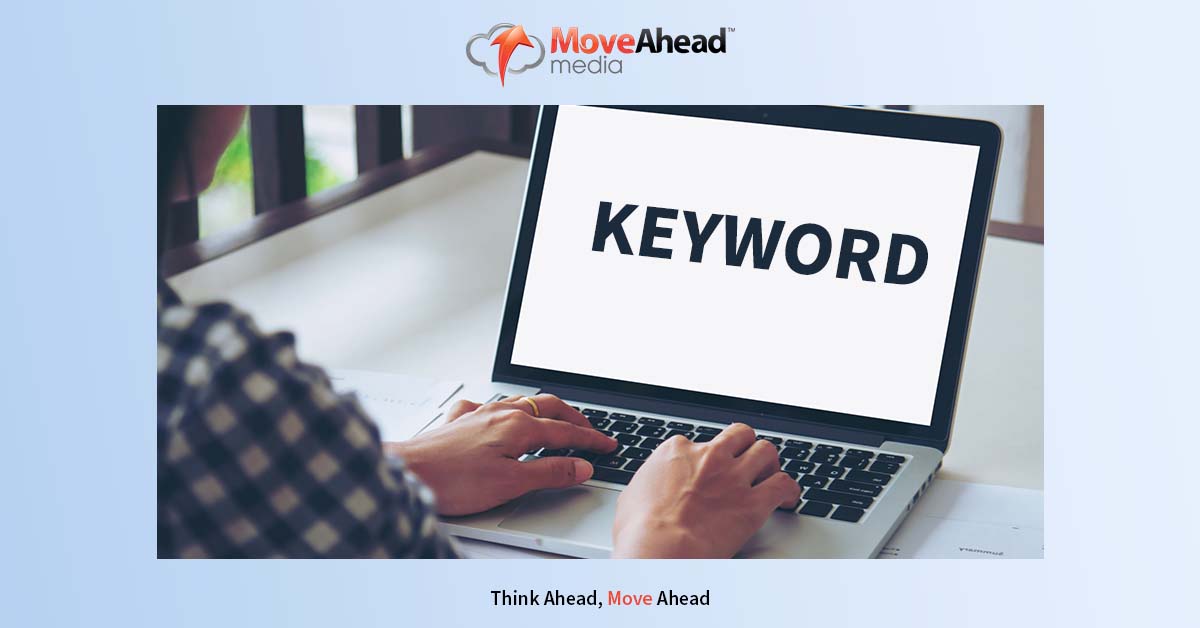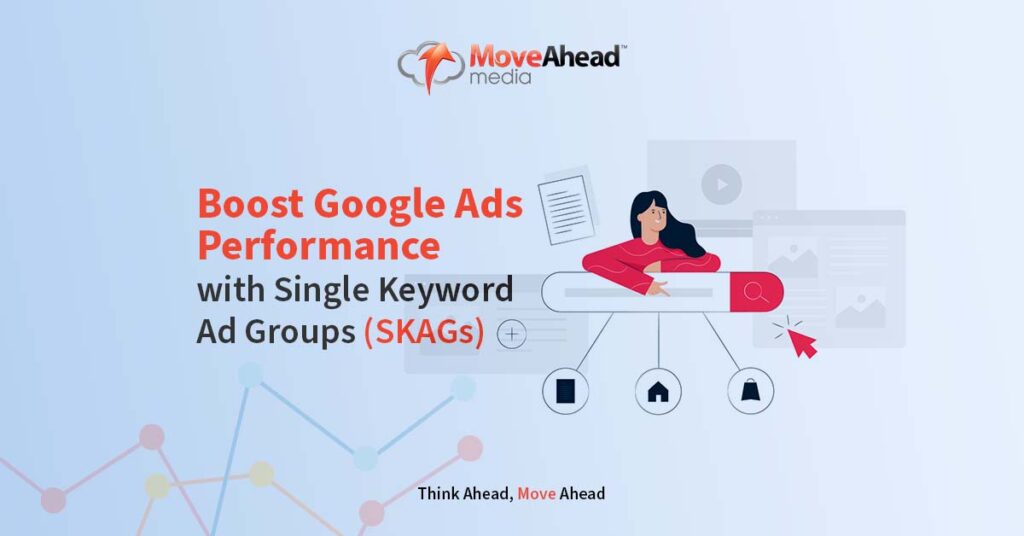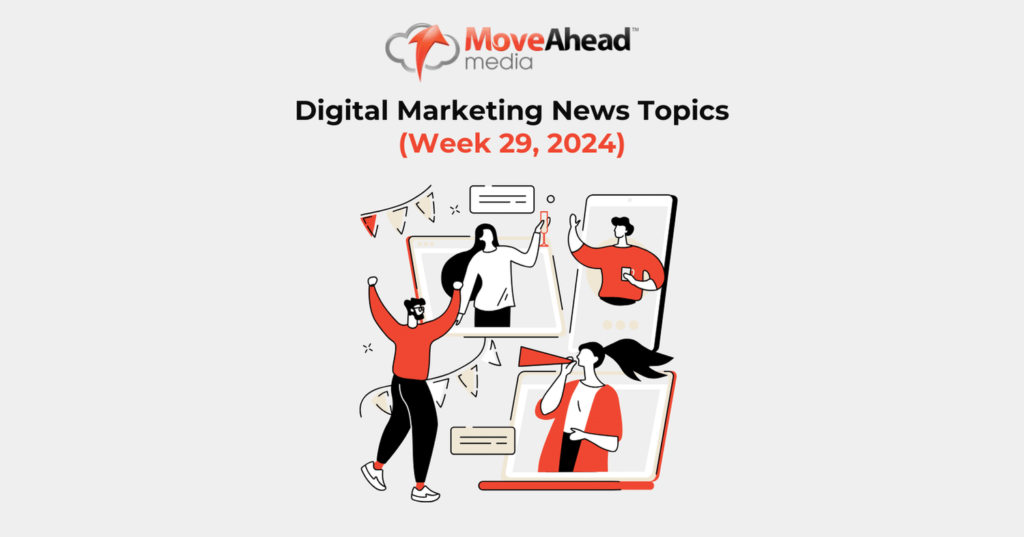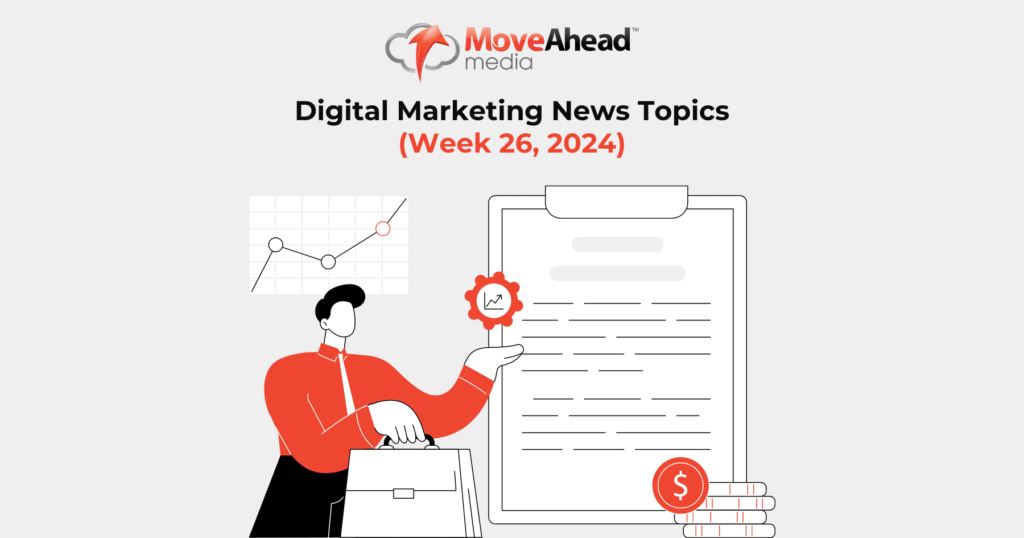Have you ever found yourself struggling with matching your ad copy and your keywords when running Google Search Ads campaigns? Are you tired of seeing Quality Scores in your account consistently below 8? Do you want to increase your Search Impression Share without spending another dollar?
Most professionals in the PPC and Digital Marketing industry have encountered these problems in their Google Ads account (previously known as Google Adwords). We often find that our Ad Campaigns don’t take full advantage of our digital marketing budget.
Single Keyword Ad Groups may be the answer to your problems. In this article, we will describe how single keyword ad groups can help you achieve a higher Quality Score and increase your Search Impression Share (SIS). We’ll also discuss the process for creating single-keyword ad groups in Google Ads, and look at how SKAGs can boost your Google Ads performance!

What’s the problem with regular Ad Groups?
Most advertisers create Google Search campaigns by setting up campaigns that contain a number of Ad Groups, where each Ad Group typically contains a range of keywords that follow a given theme.
For example, let’s say you want to create a campaign for a Homewares shop – you might create a campaign for “Electrical products”, which typically includes Ad Groups such as “Lamps”, “Electrical Wires”, and so on. In your “Lamps” Ad Group you would probably include keywords such as “LED Lamps”, “Ceiling Lamps” and “Floor Lamps”.
Your Ads will typically be more generic, where a headline might say “Best Prices on Lamps”. You might also have another ad with a headline saying “Wide selection of LED Lamps”, in an attempt to cover all of the keywords in the Ad Group.
In this scenario, Google will try to match your ads with searches that include any keyword from within an ad group you’ve set up. This means that if someone types in “LED Lamps” your ad may be shown even if it only includes the keyword “Lamps”. This can lead to poor performance since Google doesn’t know which of the Ads in an Ad Group are most relevant for a particular search term. This typically leads to lower expected CTR, higher cost per click, and lower Ad Relevance. In turn, these factors will result in poor Quality Scores.
How do SKAGs work?

The Single Keyword Ad Group, or SKAGs for short, is perhaps the most powerful keyword strategy in Google Ads. It allows you to create ads that are laser-focused on a single product or service, which can lead to better performance for your Google Search ads and an increase in click-through rates.
The single best thing you can do to increase your Quality Score, impressions share and CTR is set up single keyword ad groups. For those of you who are unfamiliar with single-keyword ad groups (SKAGs), they allow Google Ads users to create one ad group for every single keyword in their account, removing the need to match keywords and ad copy at the ad group level.
Why do we recommend SKAGs?
When SKAGs are used, Google Ads users can create a new ad group for the most important keywords in their accounts. This allows you to match exact keywords and copy at the ad level which will increase your Quality Score while also reducing costs by only having one set of keywords per single ad group.
How to create Single Keyword Ad Groups?
Single keyword ad groups work by creating an Ad Group containing a single keyword, typically based on your most profitable product or service. In our example of the Homewares shop we used earlier, you might have an Ad Group called “LED Lamps”, which contains the single keyword of “LED lamps”.
You then create a new set of Ads tailored specifically to this keyword, with headlines such as “Best Prices on LED Lamps”. This single keyword Ad Group becomes more powerful than using multiple keywords because Google knows exactly which ad to serve up for a given search term.
You don’t have to stop at one single keyword Ad Group! You can make multiple single Keyword Ad Groups using different single keywords within a single campaign, for example, “Lamps”, and “Light Bulbs”. This will allow Google to find the most relevant ad when someone types in a given search query.
Which Match Types to use with SKAGs?

For SKAGs to perform well, it’s important to consider keyword match types. In a given Ad Group, you can include both phrase match keywords and exact match variation of the single keyword. Using both match types will give Google more flexibility to show your ads for searches including single keywords, phrases or synonyms.
Phrase Match
Using phrase match means that your ad will show for searches including the single keyword or similar terms, whereas an exact match means that Google can only display your ads if someone types in exactly what you’ve given as a single keyword. Including a phrase match keyword is therefore an essential part of SKAGs.
Exact Match
You also want to include exact match variations of your target keywords. SKAGs typically perform better when they also include exact match keywords. Including an exact matching keyword will allow you to add an additional layer of the same keywords with a slight variation in order to get more granular and targeted results from your Google Search ads campaign.
We recommend sticking to these two keyword match types, as using broad match keywords can lead to irrelevant search queries appearing in your ad campaign. By using all three match types, you run the risk of appearing for low intent search terms. You will quickly see your search term report fill up with irrelevant search terms.
Using the wrong keyword match types can lead to lower overall performance for your Google Ads Account, as broad match tends to reduce expected CTR, reduced Quality Score, and increased spend on non-converting search terms.
How to choose the right keywords for a SKAG?

For a SKAG to work well for your business, you first need to have a clear understanding of which products or services are most profitable. These products or services typically will become your top-performing keywords.
You can find out which keywords perform well by accessing your Search Terms report. In your Search Terms report, you will be able to see a full list of search terms users have typed into Google that triggers your ads.
You can also find top-performing search terms by doing keyword research. This can be done using the Google Keyword Planner. Not only can you look up new keywords by single keyword match type, but this tool is also useful for finding related terms that could be used in your single keyword ad groups. Doing so can help you find single keywords that aren’t included in your current Ad Group structure.
Once you know what these keywords are, you can begin creating single keyword Ad Groups in Google Ads. Typically it’s recommended to use one search term to create one keyword. It’s worth noting that single keyword Ad Group campaigns will only appear when someone has searched with the single keyword you’ve targeted.
This single keyword needs to be relevant for all of your ads, so it’s important that you choose a single word or phrase rather than something like “lamps” which could include searches such as “floor lamps”, “ceiling lampshades” and others (i.e., multiple keywords).
You also want to make sure that you are using negative keywords within each Ad Group so that Google does not show your ads to irrelevant searches. For example, if you are selling computers, single-keyword ad groups might include “Laptops”, “Desktops” and “Computers”. You would then also want to add negative keywords such as “iPad” or “iPhone” so that your ads do not show up for people searching for those products.
What are the benefits of SKAGs?

There are several benefits of single keyword ad groups. In this case, you stand a greater chance of being able to rank for Google Search terms related to LED Lamps. This happens by Google being able to serve up the single most relevant Ad for a given search term, which improves your Ad Relevance (How closely your Ad Copy matches your Keywords).
By using single keyword ad groups, you are harnessing Google’s powerful machine learning capabilities which have become increasingly sophisticated in recent years. This means that your Ads will be more effective since they are tailored specifically to what users are looking for!
Another benefit to only using one keyword per ad group is that you can monitor single keywords as a metric. This allows you to see which single keywords are the most profitable and therefore should have their own Ad Group.
In our Homewares shop example, we said that “LED Lamps” was one of your single keyword options for an ad group name because it is a product or service that brings in sales. If you find that single keyword searches for “Lamps” don’t have a high conversion rate, you may want to remove this single keyword from your Ad Group and place it in a new ad group or remove it entirely.
This single keyword strategy offers greater performance and a higher click-through rate from Google Search ads, as well as reduced costs!
What are the drawbacks to using SKAGs?
Although SKAGs can massively improve your Google Ads performance, there are some potential drawbacks to this strategy. In particular, single keyword ad groups do not work that well if your target keywords are synonyms.
For example, SKAGs would be ineffective for a business selling both “red apples” and “green apples”. A user searching for one of these single words is unlikely to click on an ad showing the other colour (unless they were looking specifically at red or green apples). Google cannot serve single keyword ad groups if your single keywords are synonyms or close variations of one another.
There are some other drawbacks to SKAGs that you should be aware of if you decide to implement them in your Google Ads campaign strategy. Single keywords can take longer for Google to optimize and therefore may result in lower Quality Scores in the short term (however, single keyword Ad Groups are likely to see higher Quality Scores over time).
SKAGs can also be time-consuming. You need to consider your single keywords carefully and develop a set of Ad copy specifically for each one, targeting it with specific landing pages. This can take up a lot of time if you have a large number of SKAGs!
For SKAGs to perform well, your website also needs to be set up correctly. Your single keyword Ad Groups will only generate traffic if your website is optimized for Google Ads (i.e., if the keywords you’re targeting are on all of your pages). If this is not the case, single keyword ad groups will have a smaller effect on your Google Ads performance.
Takeaways about using SKAGs in your Google Ads Account

In conclusion, single keyword ad groups are a powerful technique that allows Google Ads performance to be improved and your PPC costs reduced.
These single keyword Ad Groups can boost your Google Search ads by allowing you to create single, laser-focused Ads and Ad Groups based on the most profitable products or services in your business. This helps improve your overall Quality Score by matching search terms with ad copy.
Use single keyword ad groups to harness Google’s powerful machine learning capabilities and take your PPC strategy from good to great!
If you’re interested in learning more about how single keyword ad groups can affect your Google Ads performance, get in touch with one of our Certified Google Ads specialists today. We can help you set up single keyword ad groups to optimize your performance and drive more leads!





